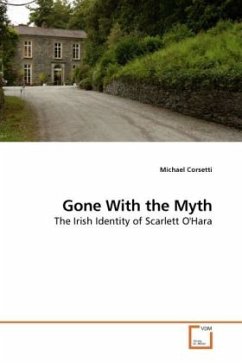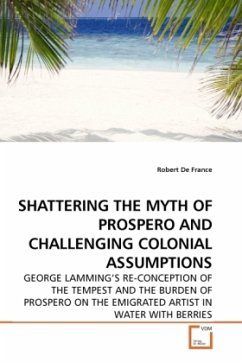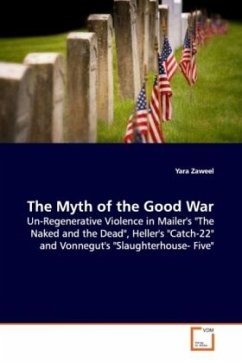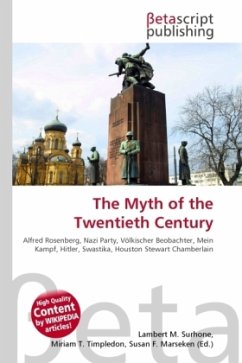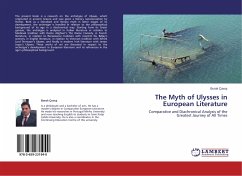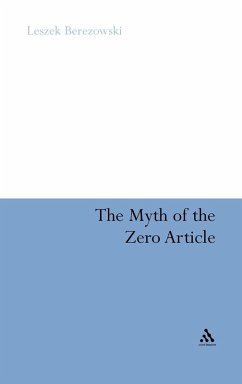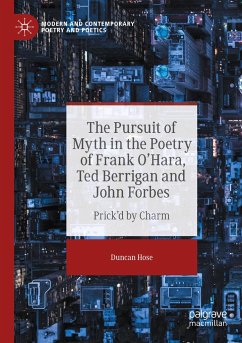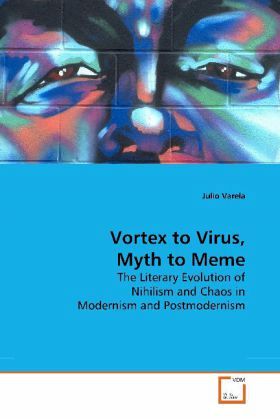
Vortex to Virus, Myth to Meme
The Literary Evolution of Nihilism and Chaos in Modernism and Postmodernism
Versandkostenfrei!
Versandfertig in 6-10 Tagen
32,99 €
inkl. MwSt.

PAYBACK Punkte
16 °P sammeln!
The emergence of nihilism and chaos in the nineteenth and twentieth centuries offers us a case study in how memes work. Memes are bundles of cultural information that display viral properties, sowing the seeds of reality in the individual minds that make up a culture, sub-culture, or counterculture. In the case of nihilism and chaos, the ongoing epistemological and ontological revolution initiated by the likes of Schopenhauer and Nietzsche, the collapse of myth as a totalizing source of meaning, and the transition from a Newtonian, deterministic worldview to a quantum-relativistic, chaotic wor...
The emergence of nihilism and chaos in the nineteenth and twentieth centuries offers us a case study in how memes work. Memes are bundles of cultural information that display viral properties, sowing the seeds of reality in the individual minds that make up a culture, sub-culture, or counterculture. In the case of nihilism and chaos, the ongoing epistemological and ontological revolution initiated by the likes of Schopenhauer and Nietzsche, the collapse of myth as a totalizing source of meaning, and the transition from a Newtonian, deterministic worldview to a quantum-relativistic, chaotic worldview transformed the Western cultural landscape, paving the way for the viral spread of nihilism and chaos to different intellectual and cultural strata. This book provides a framework for understanding how memes work in general and then explores the cultural spread of nihilism and chaos in the nineteenth and twentieth centuries. Joyce s Ulysses, Beckett s trilogy, and Pynchon s Gravity s Rainbow serve as focal points in this study because each work represents a critical juncture in the memetic evolution of nihilism and chaos during the modernist and postmodernist periods.



